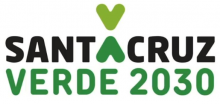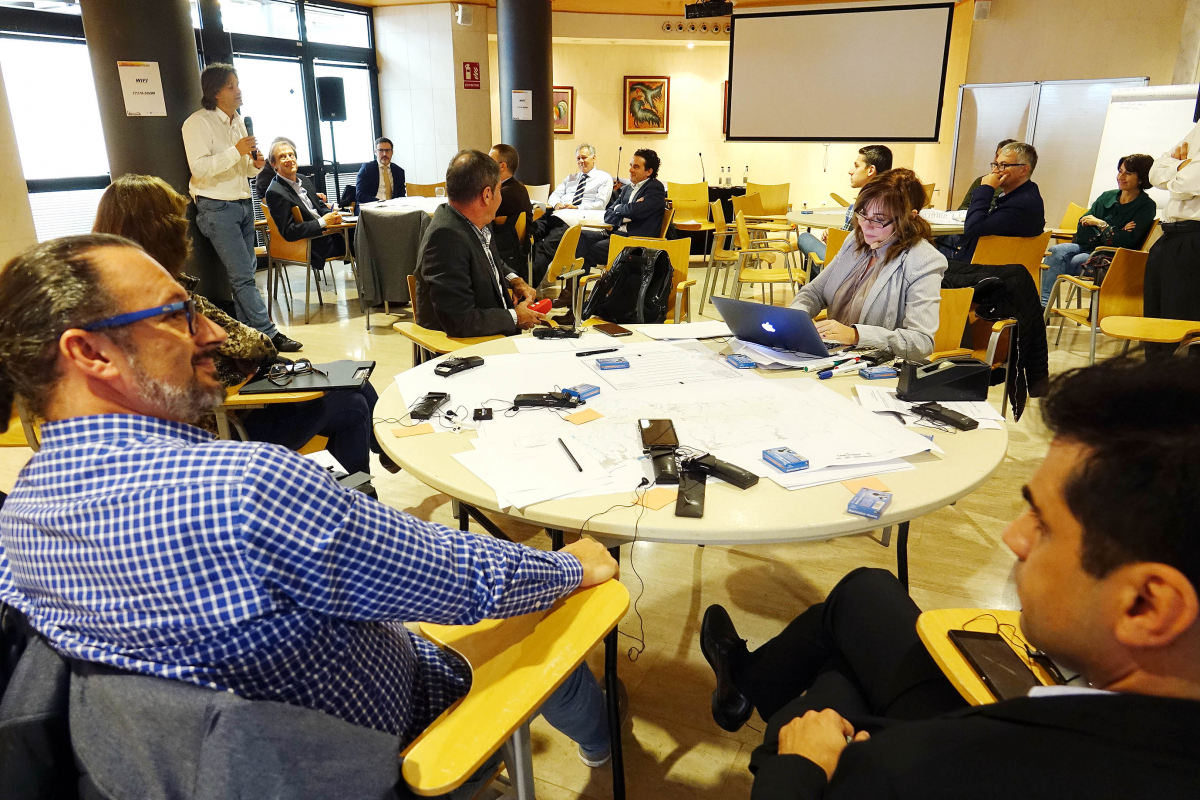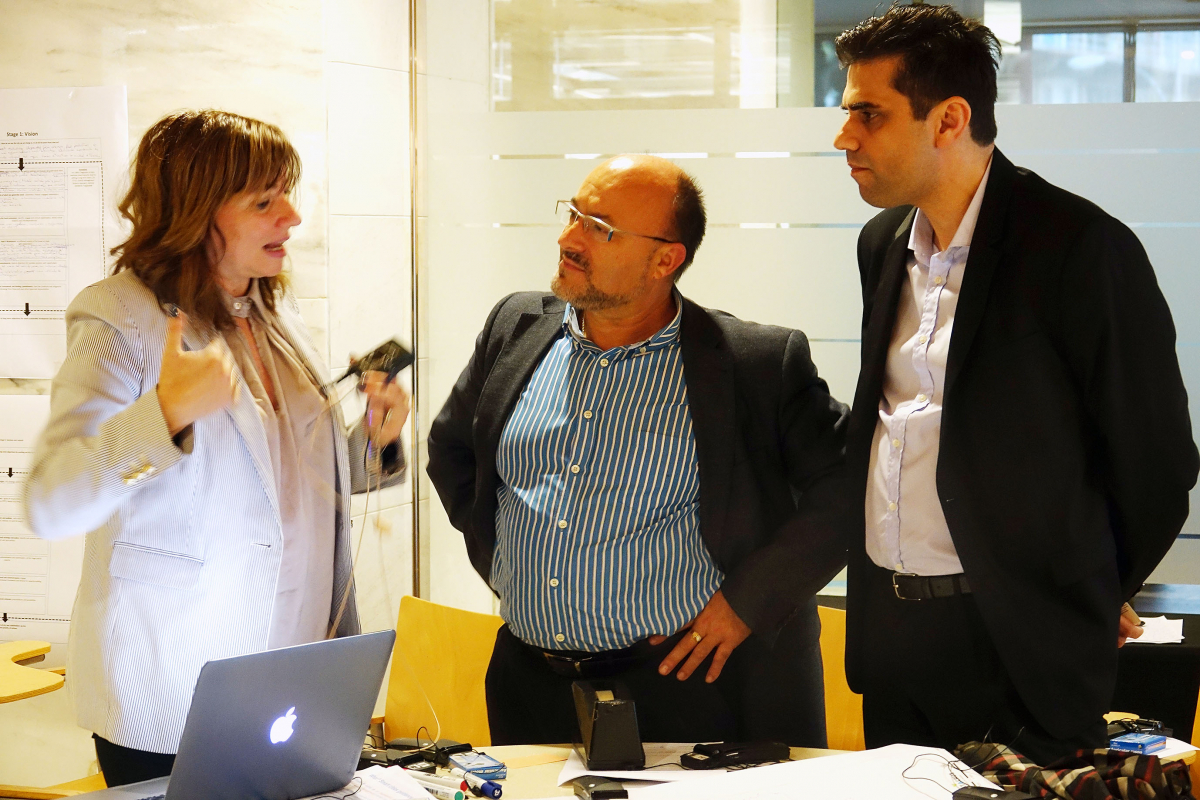
Things are moving fast for the island’s capital, with announcements in November 2018 of 50 new electric vehicle recharging points, seven new electric buses and a bioclimatic building. Beyond announcements though, Santa Cruz is diligently working ensure these projects are taken up widely by citizens and create the ambitious economic and environmental sustainability desired.
‘Green Santa Cruz 2030’ is the city’s flagship program, channeling numerous initiatives to: develop new green spaces, provide efficient public services and ensure a sustainable energy supply. It is a principal driver in a vision for innovation, entrepreneurship and creativity to prepare for the future set out for the entire island.
With accelerating these ambitions in mind, Santa Cruz city Councilor Juan Jose Martinez Diaz convened international experts in smart city delivery and 40 local administrators, urban planners, engineers, public utility companies and SME’s in the IRIS follower city, 23 November 2018.
Focus was given to the pilot ‘Smart City Guidance Package for Integrated Planning and Management’ being tested by Judith Borsboom-van Beurden and Simona Costa – chairs of European Innovation Partnership cluster Integrated Planning, Policy and Regulations. The guidance package has been designed to give planning and management support for smart city project delivery, using input from the EIP, interviews with key players and successful Framework Program 7 and Horizon 2020 projects.
For IRIS project coordinator, Humberto Gutierrez Garcia, this expertise and guidelines were perfectly timed and suited to plans ahead. “We are committed to set up and implement a smart cities replication plan over the next four years, to build our smart cities ecosystem and learn from innovative lighthouse solutions in sustainable mobility and positive energy districts”. Also present was Diego Broock Hijar, of the Canary Islands’ Sustainable Building Cluster (CCS) who reinforced the link to IRIS project delivery others could take from the EIP guidelines.
“An early involvement of all governmental and non-governmental actors is fundamental for maximising the output and the guidance package can provide ideas how to do this.” pointed out Judith Borsboom-van Beurden, Senior Researcher at NTNU University, who lead the initiative. The guidance package aims to improve policy and decision-making processes by involving and informing both political and operational levels, next to citizens, local businesses and other urban stakeholders, such as energy and transport operators.
Validation exercises and follow-up debates at the event gave confidence that the methodology and approach can be applied in the Santa Cruz ecosystem and contribute to co-designing their IRIS replication and sustainability plans.
Santa Cruz and the broader island of Tenerife are deliberately and efficiently working towards being ‘an island prepared for the future’. Aided by their strong sense of strategic planning, be sure to keep an eye on their progress and near monthly developments on the way to 2030.


03 Dec 2018

